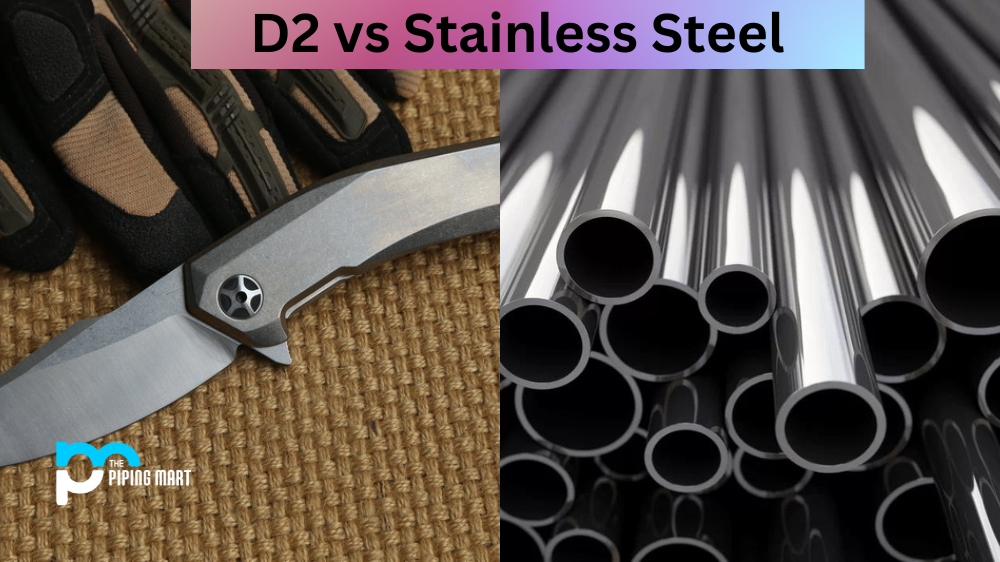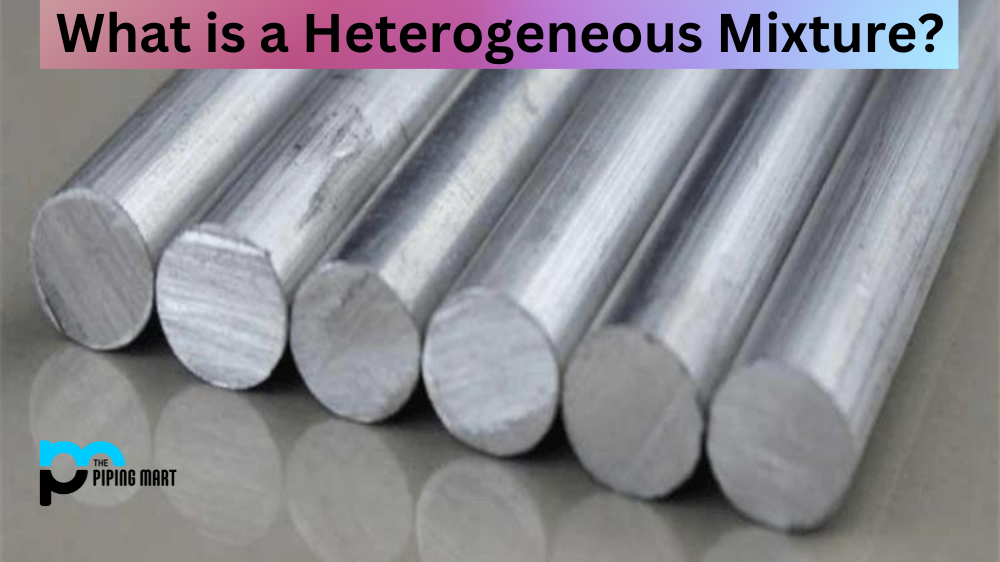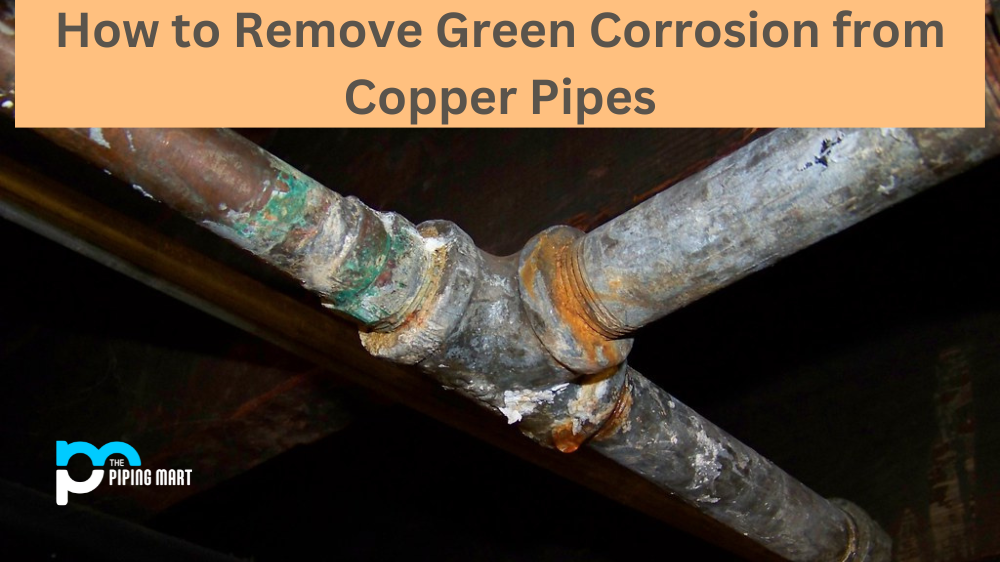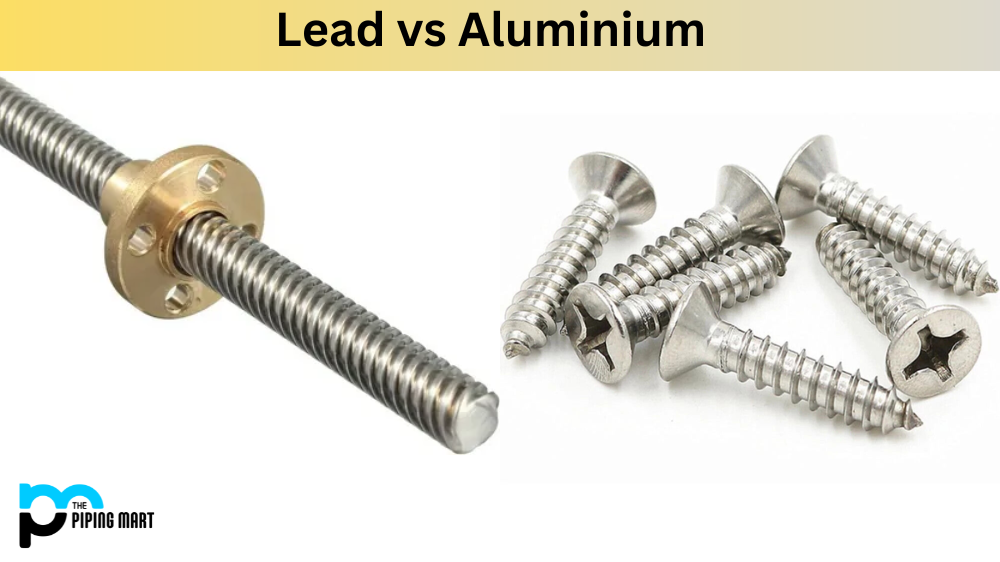For anyone in the manufacturing industry, the choice between steel types can be daunting. Even with all the available options, two popular choices remain stainless steel and D2 steel. Knowing the differences between these two steels is key to making an informed decision on which one to use for your project.
D2 Steel
D2 steel is a type of tool steel that is often used for making knives. It is a high-carbon steel that contains between 1% and 2% carbon, as well as between 11% and 13% chromium. D2 steel is known for being tough and durable, as well as being able to hold an edge well.
Stainless Steel
Stainless steel is another type of steel that is often used for making knives. It contains between 10% and 20% chromium, as well as other alloying elements such as nickel or molybdenum. Stainless steel is known for being corrosion-resistant and easy to care for.
Difference Between D2 and Stainless Steel
When comparing d2 steel vs stainless steel, it is important to consider the properties of each type of steel. D2 steel is known for being tough and durable, while stainless steel is known for being corrosion-resistant. Both types of steel can be used for making knives, but d2 steel may be better suited for applications where the knife will see heavy use, while stainless steel may be better suited for applications where the knife will not see heavy use.
Composition and Properties
D2 steel is a high-carbon, high-chromium tool steel containing approximately 12 per cent of chromium. It has excellent abrasion/wear resistance and good toughness for medium-alloyed tool steel. It also has extremely good non-deforming properties, plus deep hardening qualities are attained with this air-hardening grade of tool steel. The combination of excellent wear resistance and toughness makes it an ideal material for cutting tools such as shear blades, punches and dies.
Stainless Steel is an alloy made from iron combined with other elements, including chromium (typically 10 – 20%) which provides superior corrosion resistance compared to other steels. As its name implies, stainless steel does not rust or corrode easily like regular carbon steel due to its higher amount of chromium content. This makes it perfect for applications that are exposed to water or moisture since it won’t corrode over time as regular carbon steels would.
Uses
Due to its superior wear resistance, D2 steel is commonly used in applications requiring a long life span, such as knives and saw blades, while stainless steel is widely used in food processing equipment as well as medical and architectural applications because of its superior corrosion resistance properties. Additionally, both types of steel are often used in engineering components due to their strength and hardness properties.
Advantages of D2 Steel
Some of the advantages of d2 steel include its toughness, durability, and ability to hold an edge well. Additionally, d2 steel is relatively easy to work with and can be heat treated to achieve a variety of desired properties.
Advantages of Stainless Steel
Some of the advantages of stainless steel include its corrosion resistance and ease of care. Additionally, stainless steel is relatively easy to work with and can be heat treated to achieve a variety of desired properties. Additionally, stainless steel does not require the use of a liner in order to prevent rusting, which can save time and money during the manufacturing process.
Disadvantages of D2 Steel
Some of the disadvantages of d2 steel include its susceptibility to rusting and its relatively high cost. Additionally, d2 steel can be difficult to work with due to its hardness, and it may require special tools or equipment in order to do so safely.
Conclusion:
In conclusion, stainless steel and D2 steel have their own unique properties that make them suitable for different uses depending on the application requirements. However, both materials will provide superior performance when compared to other types of steel due to their strength and durability features. Understanding what each type offers will help you make an educated decision on which type best fits your needs before investing in either one for future projects or manufacturing endeavours.

Pipingmart is a B2B portal that specializes in metal, industrial and piping items. Additionally, we share the latest information and information about materials, products and various types of grades to assist businesses that are involved in this business.




